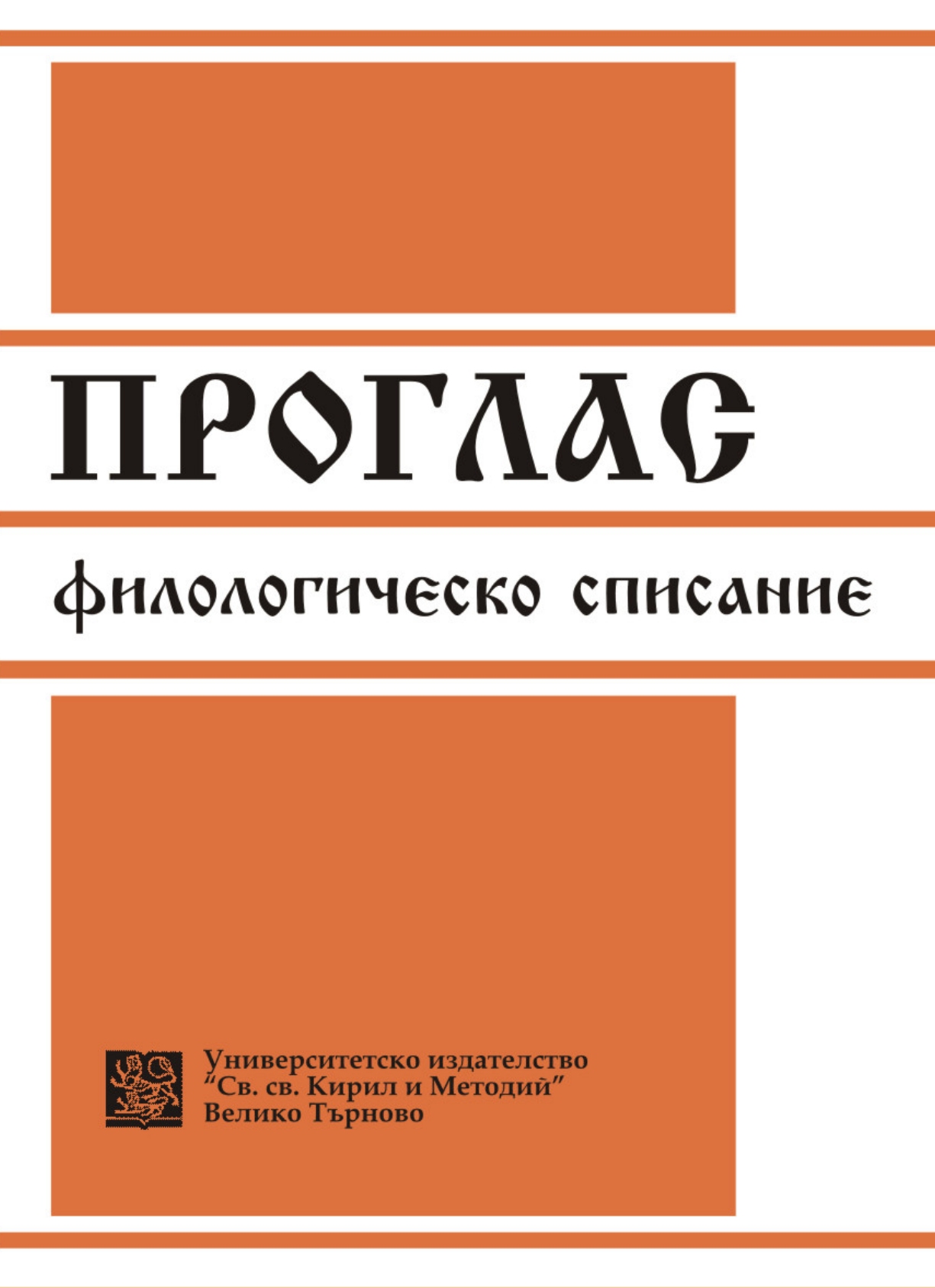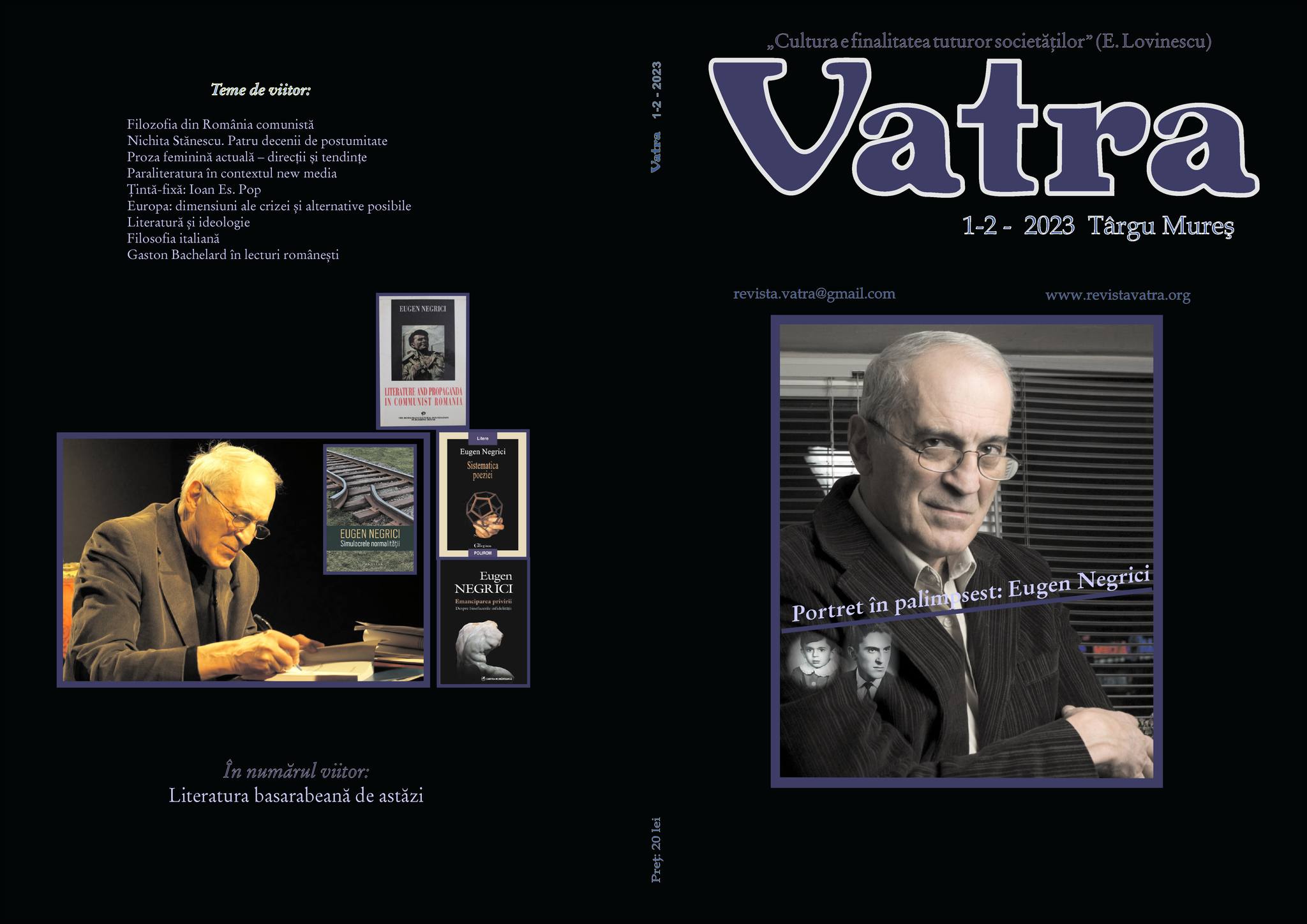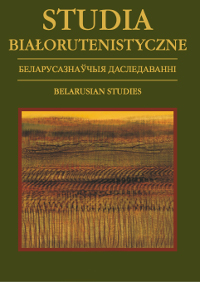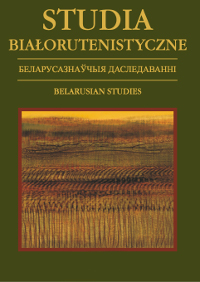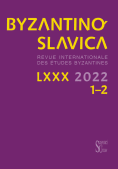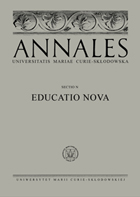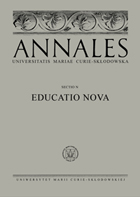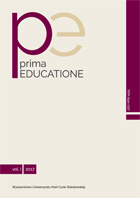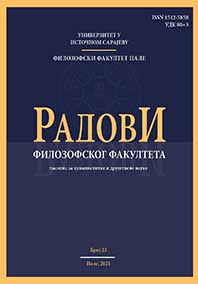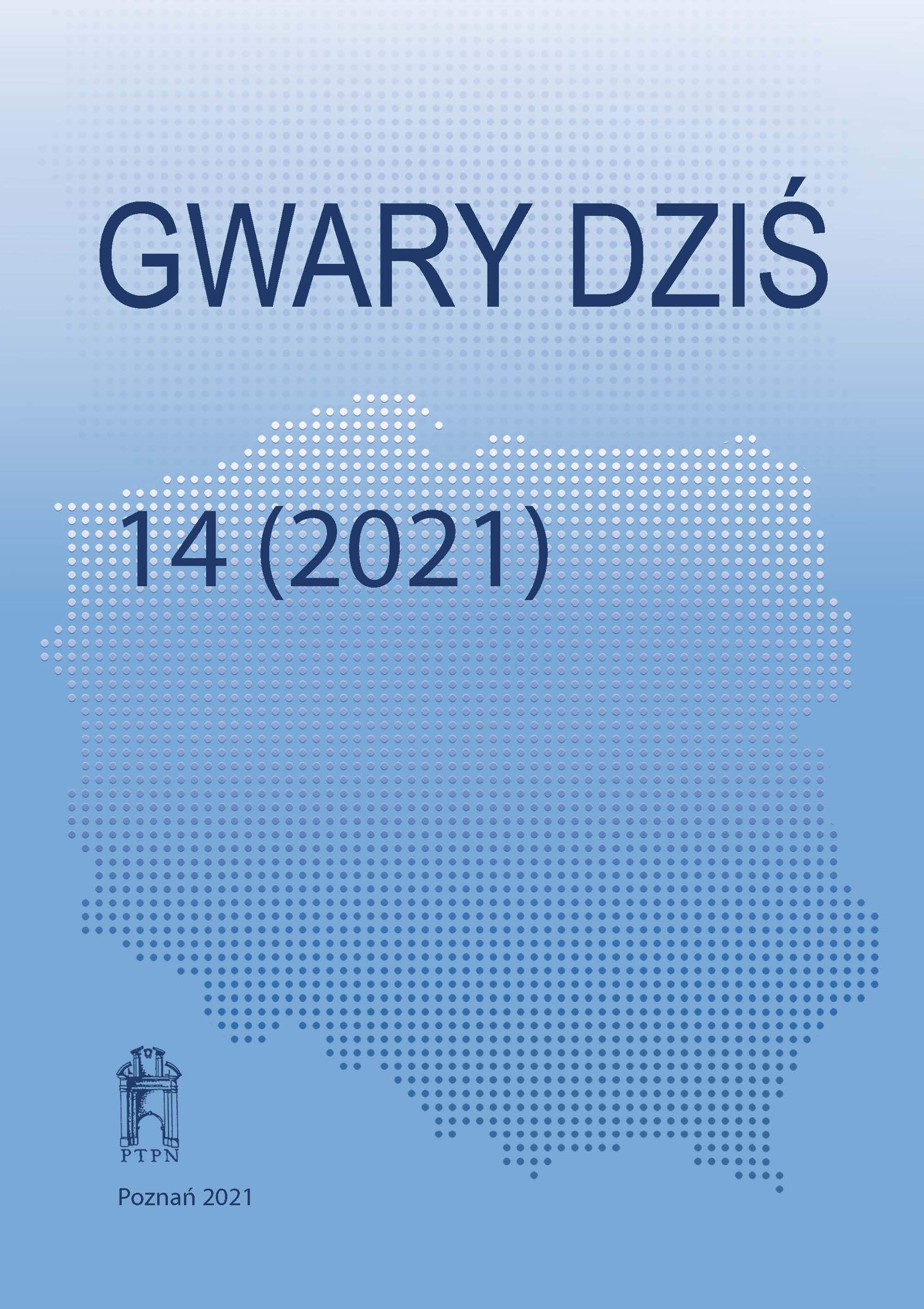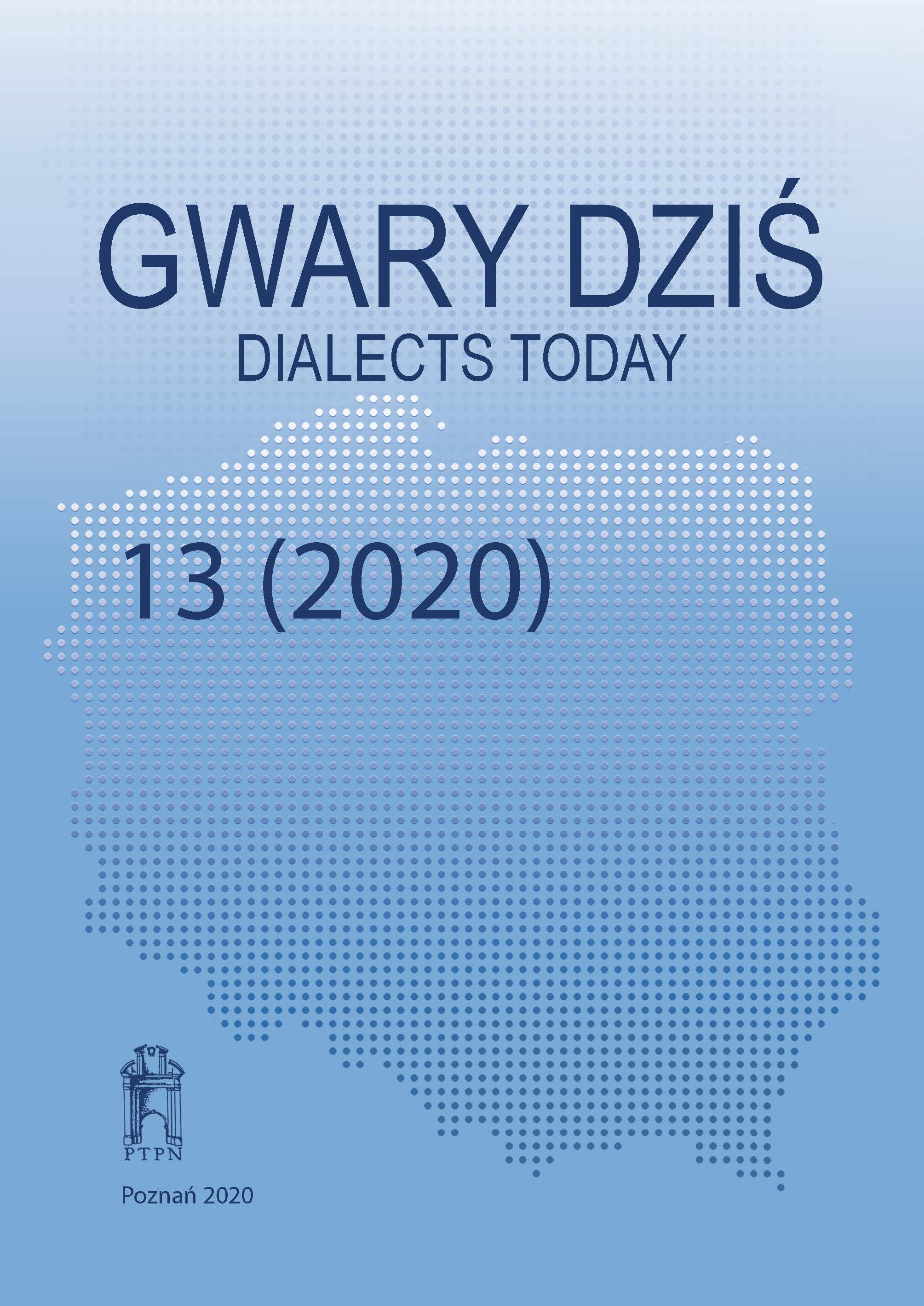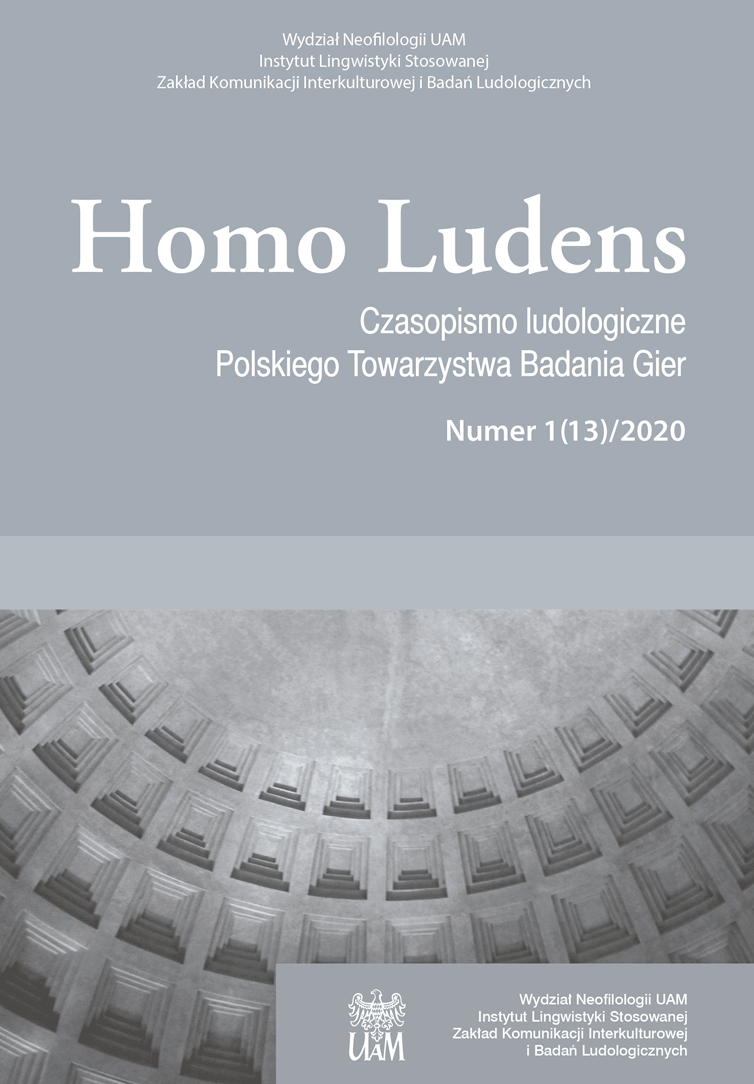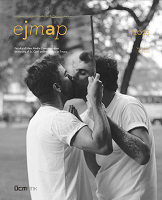Author(s): Sonja S. Lero Maksimović / Language(s): Serbian
Issue: 23/2021
One of the key terms that we touch on in this paper is the phenomenon of virtuality. In the context of this research, we use the term virtual or virtuality in its meaning which implies the expression of possibility that is present at the textual level (if, as is the case here, we are talking about the written form), but remains in the virtual sphere, or as the potential that is not actualized in the reality to which that text refers. Although the phenomenon of virtuality most often appears as a subject of narratological research, primarily postclassical narratological approaches, the aim of this paper was to analyze this phenomenon from a linguistic point of view, relying on the results of linguistic research on counterfactuality, grammatical, semantic and pragmatic category of modality and discourse analysis. In this paper, we were analyzing different language forms and strategies which are being used, in order to construct such virtual aspects of reality, in various instructions,
which are taken as an example of technical-informative genre, which is considered as one of the genres within a wider scientific discourse. We limited our analysis to two groups: (1) instructions for use of drugs and dietary supplements and (2) instructions for use of household appliances. The selected material consisted of a total of ten instructive texts, with five belonging to the first group and five to the second. The aim of this paper was to point out the most frequent linguistic markers that indicate the presence of the phenomenon of virtuality and different purposes of its use. Firstly, the basic features of the chosen theoretical and methodological framework, as well as the status and main features of the instructions genre in the context of classifications based on functional stratification of language were presented. Finally, the presence of category of virtuality within the instructions was explored. The analysis pointed out that linguistic markers that show the presence
of the category of virtuality include examples at different levels of linguistic organization, such as the use of modal verbs and semantically similar lexemes and expressions, the use of imperatives and conditionals, and the use of adverbial conditional clauses. These linguistic forms and strategies are formulated in such a way that they simultaneously confirm certain general features of scientific functional style (e. g. impersonal constructions, objectivity, avoidance of emotional or expressive vocabulary), but they also include examples that do not fit into the ones that could be considered as expected in the context of scientific style (e. g. imperative, second person plural), which can be explained by the communicative orientation of instructions towards the final recipient of the message. The analyzed examples show that the phenomenon of virtuality is not related exclusively to the sphere of literary narratives, but it can also be found in examples of genres belonging to different types of discourse, in this case – scientific one.
More...
